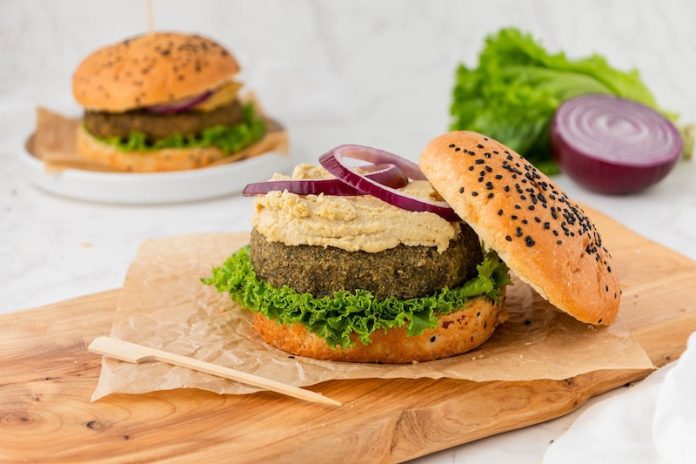
Have you ever wondered how the foods you eat can impact your health?
We’ve all heard that “you are what you eat,” but can your diet really have a profound effect on your well-being, especially in something as significant as cancer risk?
According to various scientific studies, the answer is a resounding “yes,” particularly when it comes to a vegan diet.
What Is a Vegan Diet?
A vegan diet means you only eat plant-based foods. That means no meat, fish, eggs, or dairy. But it doesn’t mean you’re stuck with salads all the time.
There are tons of delicious vegan recipes, and many traditional dishes can be “veganized.”
Over the years, scientists have been digging into whether eating vegan can reduce the risk of cancer. Let’s break it down with the most compelling findings.
Many studies show that processed foods, especially processed meats like sausages and bacon, can increase your risk of cancer. Vegans, by their very nature, avoid these kinds of foods.
Vegetables and fruits are packed with antioxidants. These substances help protect our cells from damage. Many cancers start when cells get damaged.
So, it makes sense that a diet high in antioxidants might protect against cancer. Since vegans eat lots of fruits and vegetables, they also consume a lot of antioxidants.
A high-fiber diet can help reduce the risk of colorectal cancer. Fiber helps keep your digestive system healthy and reduces the time harmful substances stay in your intestines.
Since plant foods are the only sources of dietary fiber, vegans usually have high-fiber diets.
What Does Research Show?
Several large-scale scientific studies have suggested that a vegan diet can indeed help reduce cancer risk.
For instance, a study published in the journal “Cancer Epidemiology, Biomarkers & Prevention” found that vegans had a 16% lower risk of all cancers.
Another research effort, the “Adventist Health Study-2,” found that vegans had a significantly lower risk of developing colorectal cancer, one of the most common cancers worldwide.
However, it’s worth noting that more research is needed to understand exactly how a vegan diet impacts different types of cancer.
How to Go Vegan
If you’re thinking about trying a vegan diet, here are a few tips:
- Start Slow: Going vegan overnight can be hard. Start by having one vegan meal a day and gradually increase.
- Plan Ahead: Make sure you’re getting all the nutrients you need. Plants have plenty of protein and iron, but you might need to plan to make sure you get enough.
- Try New Foods: You’ll be amazed at the variety of foods out there. Explore new recipes and try new vegetables, grains, and legumes.
- Take a B12 Supplement: B12 is one nutrient you can’t get from plants. Most vegans need to take a supplement to get enough.
The Bottom Line
There’s growing evidence that a vegan diet can reduce the risk of some types of cancer. However, going vegan is a personal decision and can be a big change.
It’s always important to talk to a doctor or dietitian before making major changes to your diet. Remember, a vegan diet isn’t the only way to reduce cancer risk. Regular exercise, not smoking, and limiting alcohol can also help.
In conclusion, adopting a vegan diet is not just about animal welfare or the environment. It can also be a valuable step towards better health and reduced risk of diseases, including cancer.
Follow us on Twitter for more articles about this topic.
Copyright © 2023 Scientific Diet. All rights reserved.





